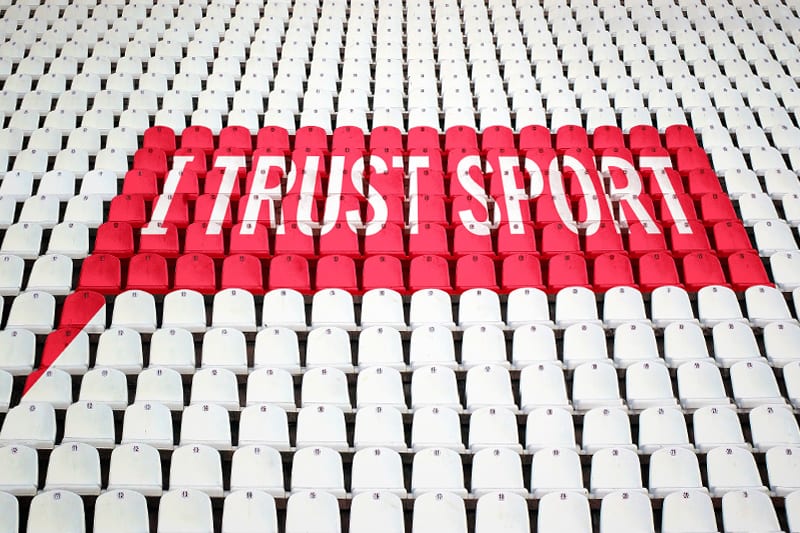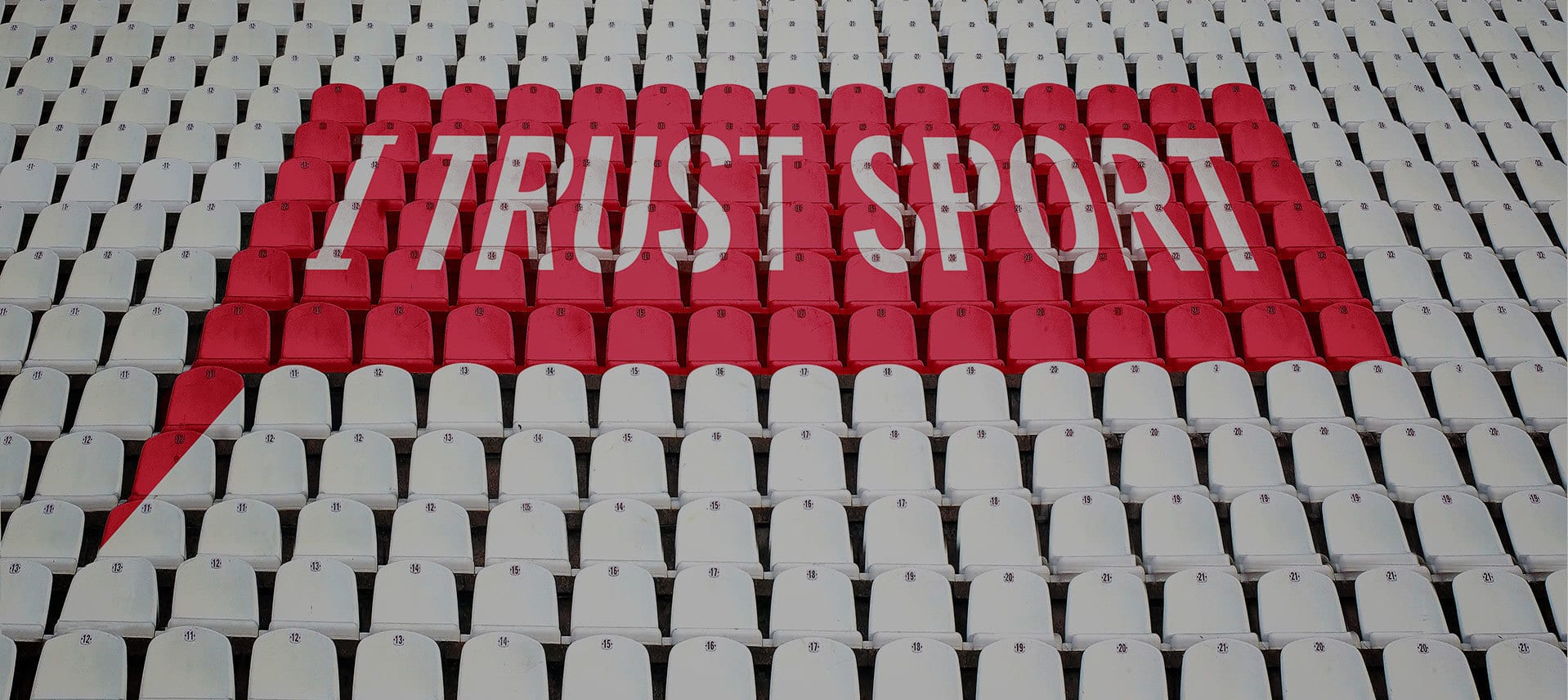While scare stories in international media are something of a tradition ahead of major sports events, the stakes are particularly high this time because perceptions of the FIFA World Cup in Brazil could have dramatic implications for the future of world sport.
Concerns about the late completion of stadiums and infrastructure, civil unrest, crime and other issues have been prominent in international media for months. For the most part, these stories have focused on the potential impact on the World Cup itself: lack of enthusiasm among the Brazilian people, disruption to matches, loss of tourism business, reputational damage for Brazil, and so on.
However, the consequences of any major issues arising during the World Cup could be felt much more widely. In fact, it’s not an exaggeration to say that the way the tournament unfolds will have important implications for the future of world sport.
Most directly, consider the consequences for the Olympic and Paralympic Games in Rio in 2016. A general election will take place in Brazil in October this year. The experience of the World Cup is sure to be one of the factors that influence both politicians and voters in their attitude to Rio 2016. In April the International Olympic Committee agreed an action plan to support the Rio 2016 organisers in response to concerns that preparations were running behind schedule. After the elections, the arrangements may need to be reviewed.
There will also be a direct impact on FIFA. Even if the tournament in Brazil runs smoothly, calls for reform (see for example the Economist) are unlikely to go away. Any noteworthy disruption will surely make those calls all the more strident.
Looking further ahead, the effect on the appetite of cities and countries to bid to host events could be significant. As I argued in a piece in LawInSport, there is evidence that governments are becoming more reluctant to subsidise some of the most expensive sports competitions, at least partly in response to public opinion. If Brazil’s international reputation is seen to suffer from hosting the World Cup, despite the considerable expense, it may prove harder to find hosts for events such as the Asian Games in 2018/2019 and the European Games after their inaugural edition in Baku next year.
Sponsorship brands too will be monitoring the World Cup carefully, even those that have no direct connection to it. Amid widespread civil unrest during the Confederations Cup last year, official sponsors seem to have been targeted only rarely but many of them re-evaluated their promotional plans afterwards. Once the final is over, brands may re-assess the risks of being associated with major sports events and some could decide to opt out in future.
In the next few weeks the actions of metro workers on strike in Sao Paulo, security forces responsible for maintaining order, and the government and World Cup organisers could have global consequences.
The pressure is on, and we will all be watching.


